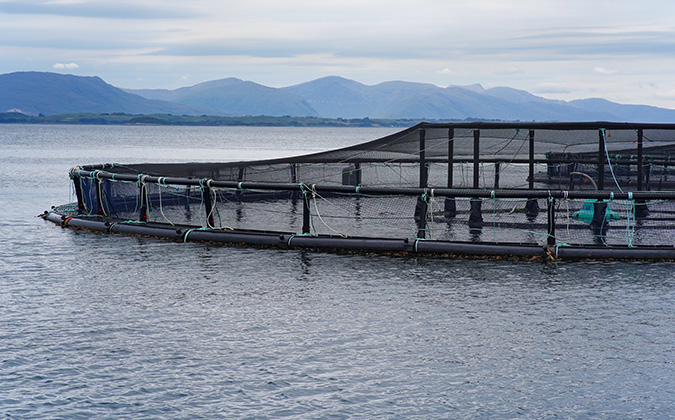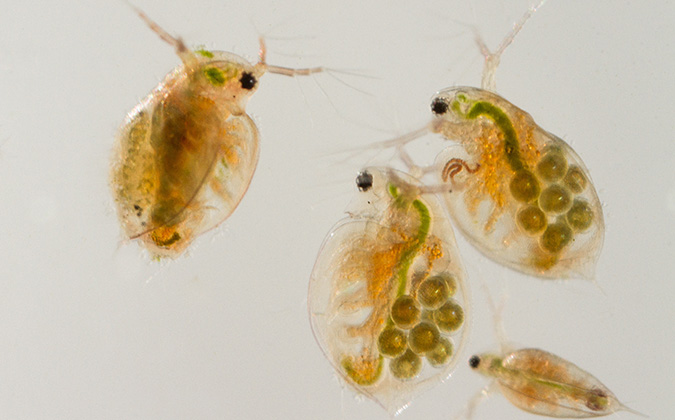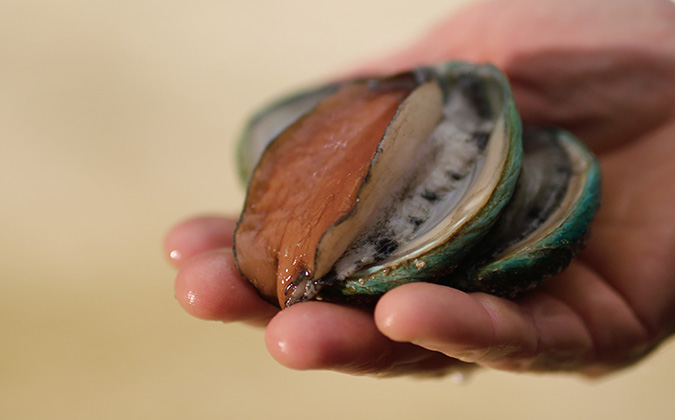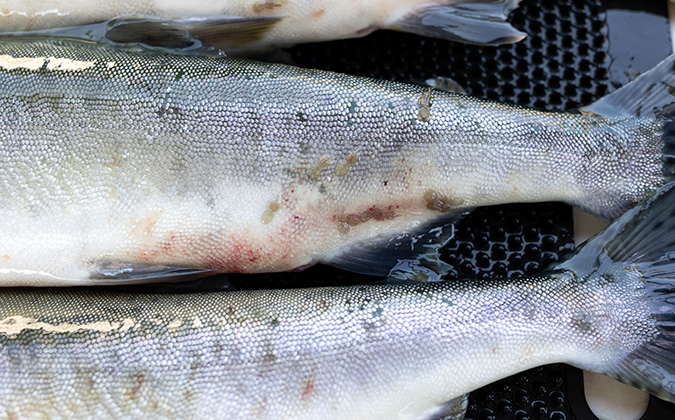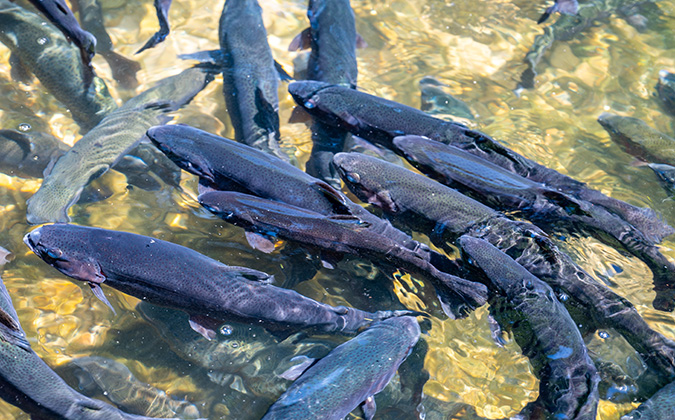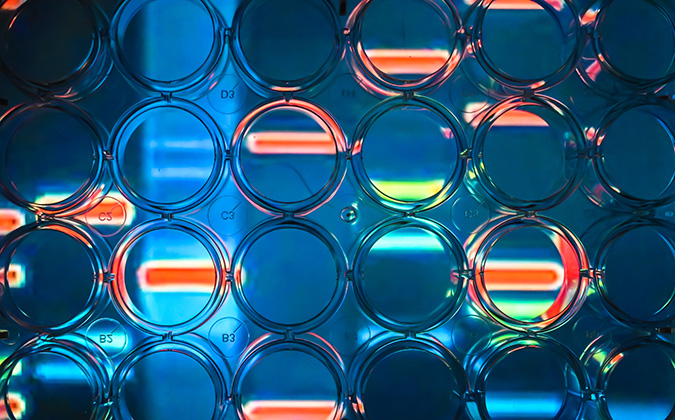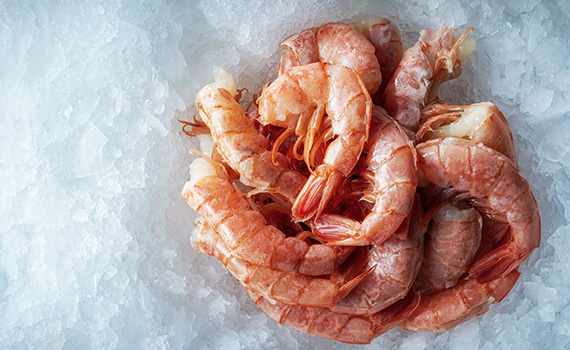
Antibiotic-resistant bacteria found in US supermarket shrimp raise red flags
Analysis of raw and cooked shrimp bought from supermarkets in Florida and Georgia has revealed the presence of a range of antibiotic-resistant bacteria (ARB) — a finding that could have implications for processing of imported shrimp products.
The Florida State University study showed a higher presence of resistant genes in the guts of samples of imported, farmed produce than wild-caught shrimp from the US, while isolates from cooked produce showed higher resistance than raw shrimp to some antibiotics.
Ninety-seven percent of fish and shellfish consumed in the US is imported, the researchers noted, predominantly from Asia, but also from Ecuador — areas with high antibiotic use in aquaculture production.
The study’s findings expanded on previous research that had revealed resistance to several antibiotics in Escherichia coli isolated from imported black Asian shrimp.
“We found that 22% of the bacterial isolates were resistant to one or more antibiotics,” they explained.
“Interestingly, compared to isolates from raw shrimp, the resistance among isolates from cooked shrimp was significantly higher toward chloramphenicol (19%), aztreonam (7.7%), cefotaxime (7.3%) and meropenem (7.3%).”
A potential threat to human health
Antibiotic resistance, not the high bacterial counts found in cooked shrimp samples, is the most crucial factor when considering human health implications, the scientists stressed, highlighting that resistance to antibiotics is “one of the severe threats faced by the world.”
“The consumption of frozen shrimp harboring antibiotic-resistant strains of opportunistic pathogens can lead to serious illnesses, particularly in immunocompromised populations. The presence of ARB strains in cooked food may promote the transfer of resistance genes to bacterial strains in the human gut microbiome or pathogens,” they said.
Thermal treatments may not be enough
Changes in processing may be necessary to address the presence of ARB in cooked shrimp, the scientists suggested.
Currently, shrimp processing facilities use a short and mild thermal treatment, but this “may not be sufficient for mitigation of ARB strains spread over multiple genera,” they said.
“Several studies have demonstrated the interplay between stress associated with food processing, antibiotic resistance, and vice-versa. In fact, exposure to mild temperatures has been shown to enhance the selection of ARB strains.”
Wild-caught shrimp’s diverse microbiome
In a comparison between wild shrimp caught in the US and farmed shrimp from Ecuador, analysis “revealed remarkably distinct spectrums of microbiome signatures between the two groups” and “higher bacterial species richness and diversity in wild-caught shrimp from the US.”
Higher microbial diversity is linked with lower colonization of pathogens through competitive exclusion, the researchers continued, while comparing farmed shrimp raised with antibiotics to wild-caught shrimp raised without can be a way of devising more sustainable farming methods.
To read the full article in Scientific Reports, click here.

